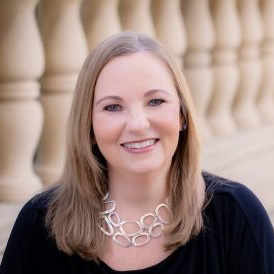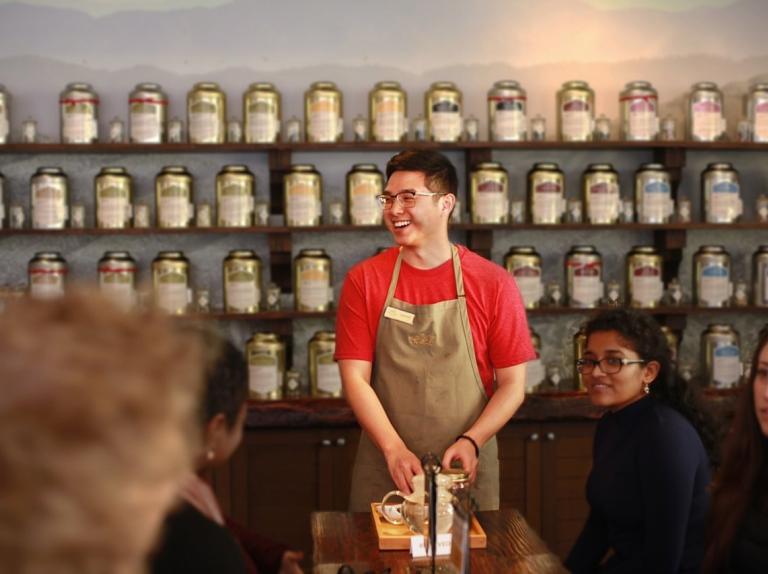
Visit Pasadena Executive Director Kristin McGrath shares her philosophy on leading with kindness. Her tips inspire destination organization professionals to embrace kindness as a leadership tool and create positive change in their workplaces.
Why does kindness matter now?
In the aftermath of the COVID-19 pandemic, when burnout and stress levels soared, organizations are learning that focusing on kindness could become their most valuable asset for rebuilding their team and community.
Being nice is a baseline expectation in the workplace. You have to be nice, but kindness is a different level of niceness. It's taking the concept of nice and putting it into action.
The pandemic devastated the hospitality industry, leading to widespread job losses and challenging working conditions for those who remained employed. Travel restrictions and lockdowns caused a sharp decline in demand, forcing businesses to close temporarily or permanently and leaving many workers facing financial hardship and uncertainty.
For the last four years, I have focused professionally on kindness as a skill. People are under immense professional, personal, and economic pressures. Getting caught up in our own world of drama is very easy.
I strive to be mindful, thoughtful, and present in my daily interactions with everyone. I remind myself to stay present, in the moment, not think about what's coming up next on my calendar, and be considerate of everyone I interact with. I have no idea what is going on in their lives, and I never want to be the person whose energy sours the day for someone else.
Lead with kindness and presence.
How do you lead with kindness?
I’ve tried to model my behavior after the best leaders I’ve worked for. At Visit Albuquerque, New Mexico, I had the opportunity to work for Tanya Armenta, the CEO. She is amazing.
One of the things that she emphasized during the interview process was the importance of everyone on her leadership team speaking the kind truth. This phrase resonated deeply. It was important to the culture of that organization that everyone, especially the leaders, “speak the kind truth.”

Leaders have a responsibility to "speak the kind truth."
When I asked Tanya what that looked like, she said it necessitates a willingness to engage in challenging conversations, which can be uncomfortable as they may not always feel pleasant.
It goes back to the difference between nice and kind.
While it's pleasant to hear you're doing well, the “kind truth” involves acknowledging areas for growth alongside strengths. This can be momentarily uncomfortable, but it ultimately fosters development.
Most people aspire to excel in their careers. We dedicate significant time to our jobs, seeking to make meaningful contributions. When delivered thoughtfully, feedback is a valuable tool for growth, and I value working with individuals who embrace this perspective.
I believe that leaders have a responsibility to speak the kind truth, whether directed towards their teammates, colleagues within the organization, those they manage, or individuals they encounter daily.
Furthermore, we have a responsibility to communicate truthfully with our stakeholders, employing diplomacy in these interactions. Open and honest communication is crucial for fostering continuous improvement within the organization and the destination itself.
This vision involves acknowledging both our strengths and areas for growth. Let's engage in constructive conversations that are both kind and honest. Kindness doesn't mean avoiding reality; it means addressing challenges compassionately and focusing on long-term success.

Incorporate kindness into hiring practices.
I always ask a couple of questions when hiring or considering people for the team.
These are fairly straightforward questions, but how people answer them provides some insight. Of course, it's crucial to remember that a 60-minute conversation provides only a glimpse into a person's character.
One of the questions I love to ask is, "Tell me about a time you went above and beyond in your job." A candidate’s response offers a little insight into what they consider baseline and what they consider above and beyond.
Another question I pose is, “Can you tell me about a time when someone you worked with went above and beyond for you?”
It speaks to whether people are tuned in to the energy they are putting out and the energy they are receiving. People should stay present, be mindful, and notice the little things they do and the grace and patience they extend in times of need.
When we hire, we want to build a strong team. We seek individuals who value their contributions while recognizing how they fit into the larger team mission and objectives.
I do not want an assembly of top-tier talent focused solely on their own success. I want to ensure that I have top-tier talent who understand how success in their individual role contributes to the organization's overall goals.
Kindness is a quality that a good teammate possesses, and it is important to screen for it.
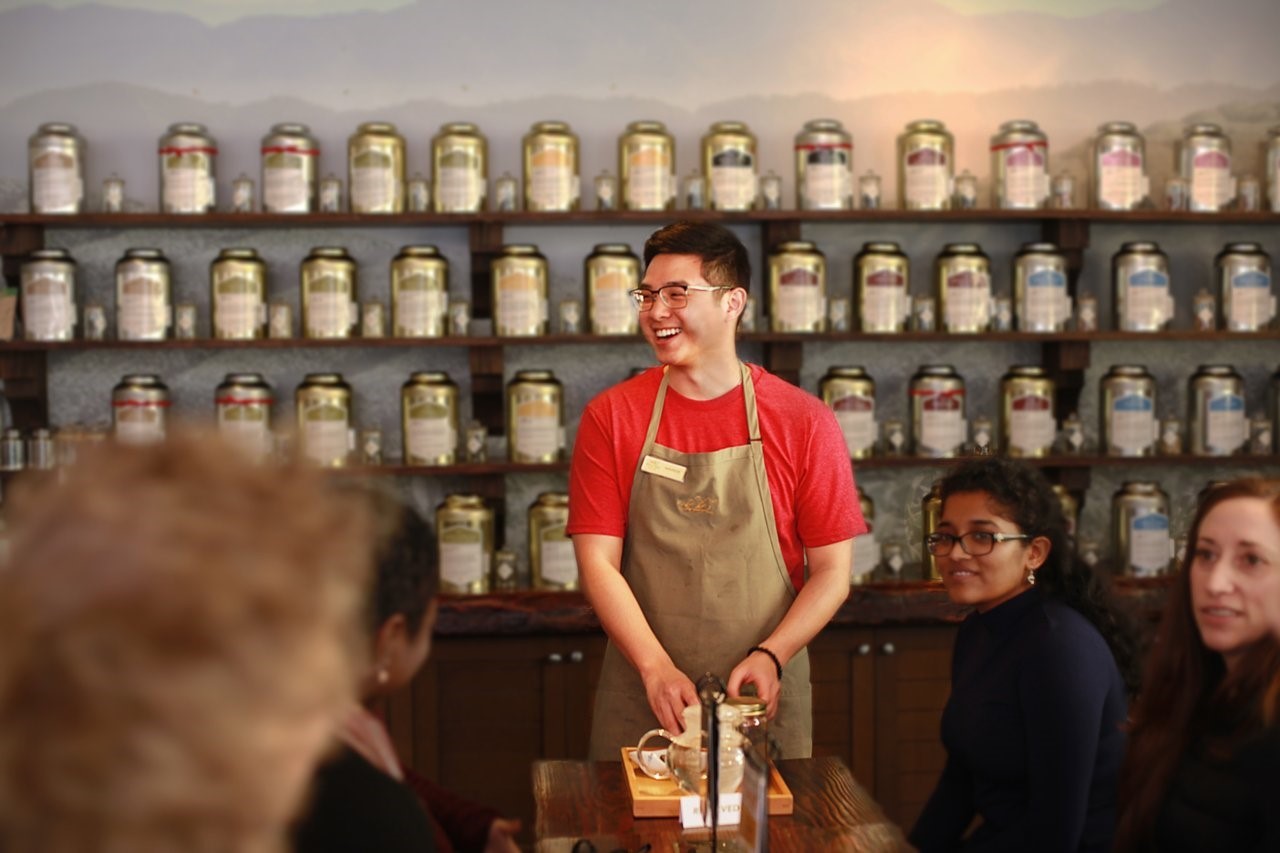
Communities are made of individuals with changing needs.
As a destination organization leader, I strive to ensure we are community-driven. However, I need to remember that the community comprises a collection of individuals, and all of those individuals have their own ups and downs in the background.
It helps not to take a cookie-cutter approach but rather to meet people where they are in that moment and stay present and empathetic.
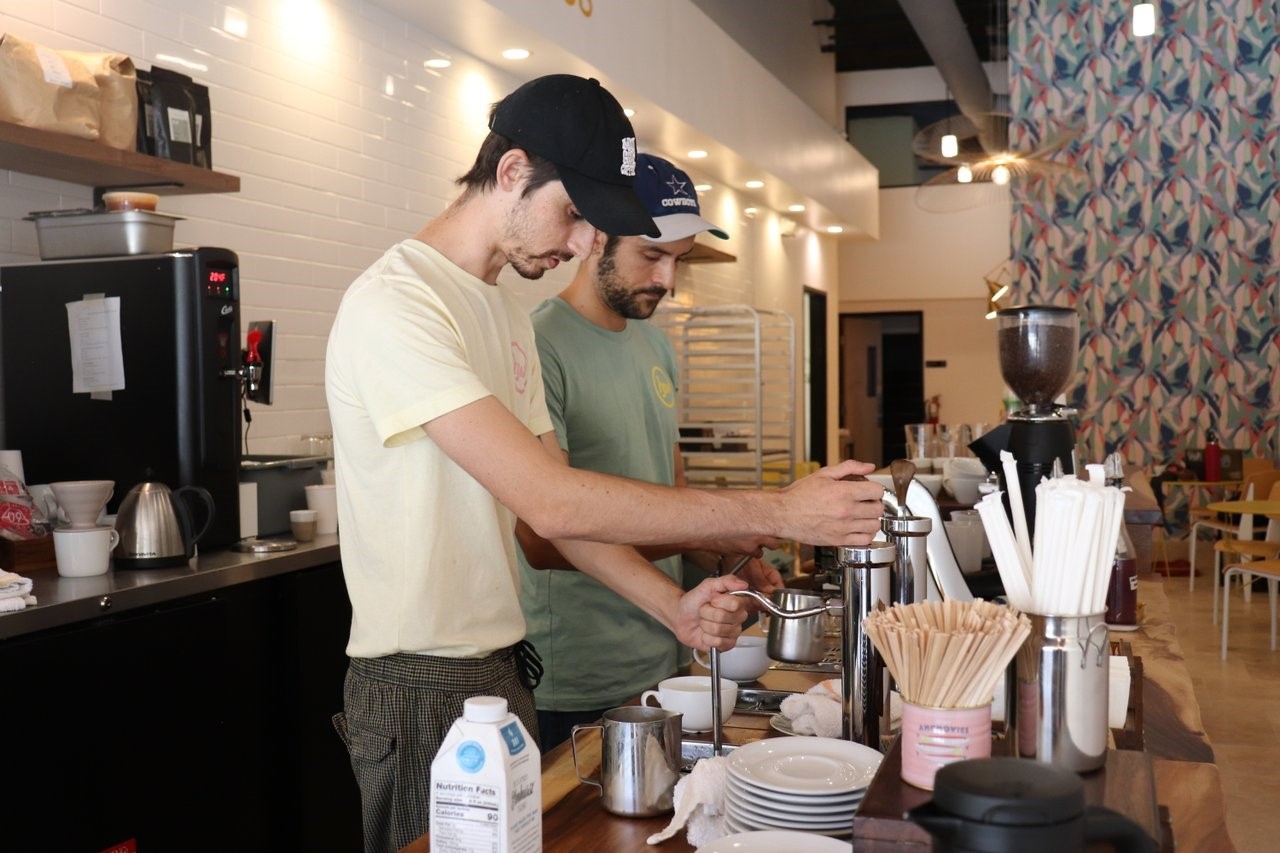
Move forward without contention.
Empathy is putting yourself in another person's shoes. When I’m dealing with a hotel GM or a city counselor, I try to take a moment to prepare and think, "Okay, what's their perspective on this?" When I walk into the meeting, I know my perspective and objectives, but what's their motivation? What are their hot buttons? What things are weighing on their minds right now? I'm trying to put myself in their shoes and bring some empathy and understanding to their position and their side of the conversation.
We are advocates who try to persuade people to our point of view. However, there will be times when a consensus will not be reached, and that's OK. There will be times when you have to agree to disagree and find a way forward.
And it doesn't have to be contentious. Often, the default is just, "This person is wrong. I am right. My point of view is right, and it's so obvious. Why can't these people see that?” But that is how toxic environments are created and that doesn't serve anyone's purpose. So, bring empathy and kindness, agree to disagree, and find a way to move forward positively.
Start with Yourself, then Branch Out.
It starts with ensuring you're taking time for yourself.
Extend kindness, patience, and grace to yourself when needed. That doesn't mean making excuses. It means taking a moment to be present and acknowledging everything that is going on in your life. Some days, we're better at that than others, and that's okay.
Be thoughtful about the energy you bring into your world, whether in your office, at home, running errands, during your lunch break, or anywhere else. Take a moment to work on yourself. Hopefully, people will start to model that behavior.
It starts on a neighborhood level and, hopefully, spreads to a community destination level.
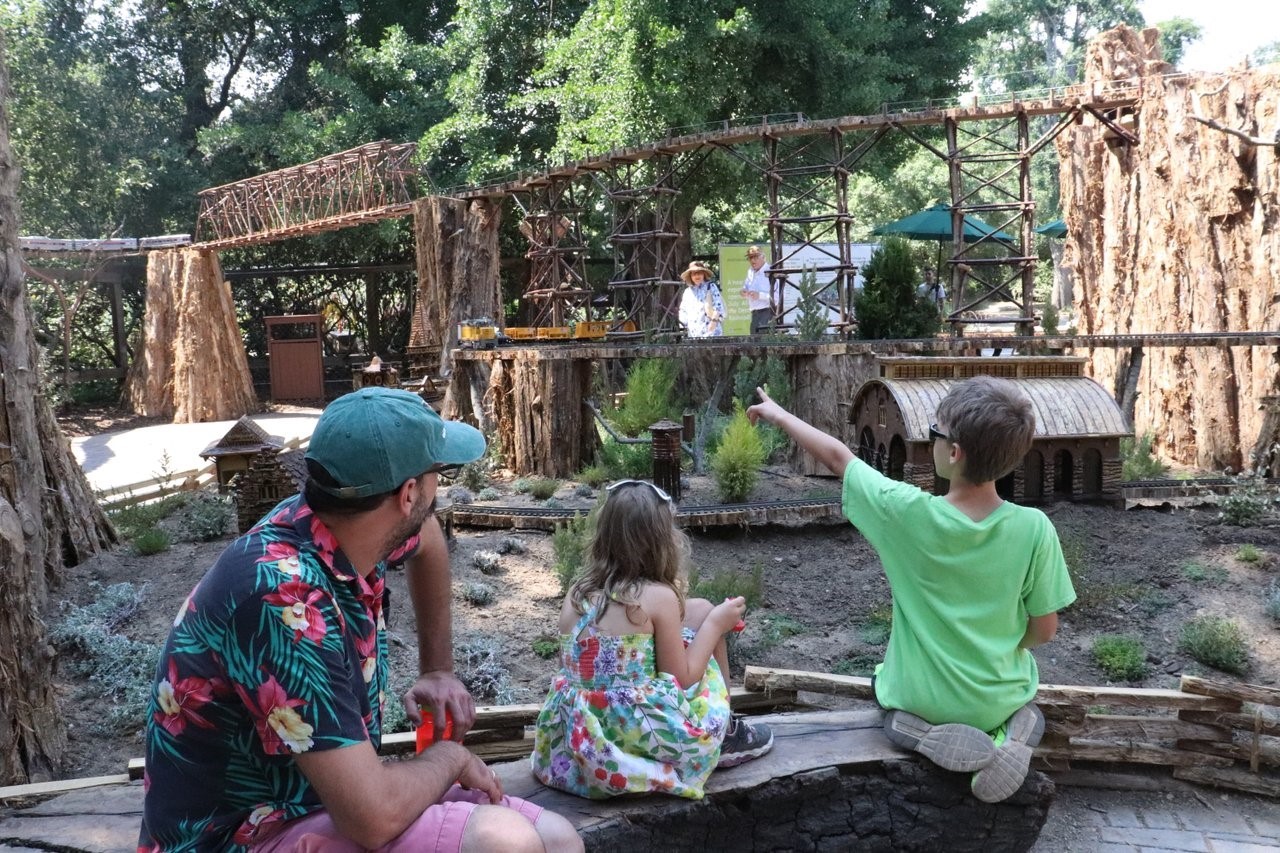
Shift the Energy.
Joy and laughter are incredibly important to me. My team used to call Wednesdays “Wacky Wednesdays” because unexpected challenges frequently arose and threw off our whole day.
About a month and a half ago, one of my colleagues said, "You know, we have to shift the energy. We need to get out of Wacky Wednesday and rename it Wellness Wednesday."
We decided that instead of letting these little mini fires derail our Wednesdays, we will reframe and take a deep breath, reprioritize, and rename Wacky Wednesdays to Wellness Wednesdays. Now, we look for opportunities to find a moment of wellness, peace, and grace as we move forward with our Wednesdays and how to get things done.
It started as a joke, and we laughed about it, but it really helped shift our energy.
Getting Started in Your Destination
Let's collectively elevate the destination organization landscape by embracing kindness as a core leadership principle. Remember, kindness is not just about being "nice"; it is about fostering genuine connections, empowering your team, and creating a positive ripple effect throughout your organization and community. Let's shift the narrative, one kind act at a time.
Key Takeaways:
- Speak the Kind Truth: Offer constructive feedback with empathy and respect.
- Hire for Kindness: Prioritize candidates who demonstrate empathy and teamwork.
- Foster a Positive Culture: Cultivate an environment where open communication, joy, and mutual respect thrive.
- Lead by Example: Model kindness in your interactions with colleagues, stakeholders, and the community.
- Embrace Empathy: Seek to understand others' perspectives and motivations.
We invite you to share your experiences and insights on implementing kindness in your workplace within the DI Online Community. Let's continue this conversation and inspire each other to lead with compassion, creating destinations that are not only successful but also genuinely welcoming and inclusive.
Submit Your Thought Leadership

Share your thought leadership with the Destinations International team! Learn how to submit a case study, blog or other piece of content to DI.


